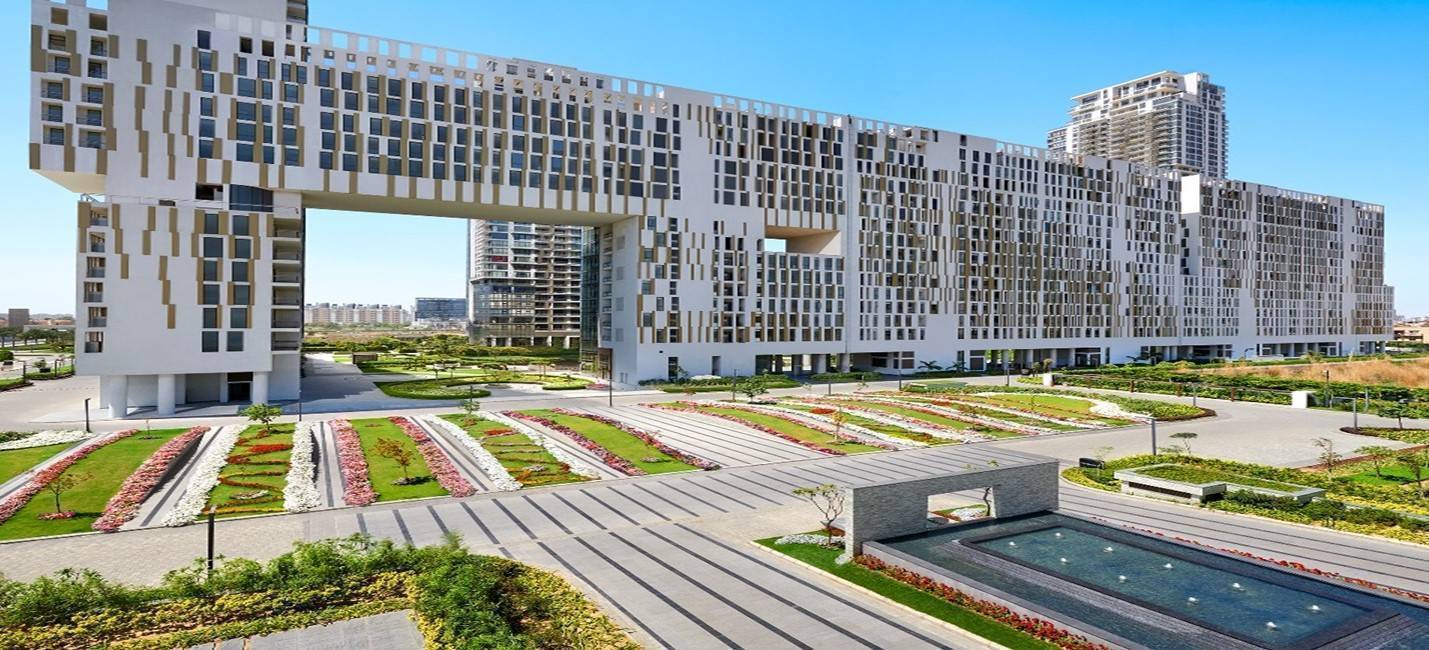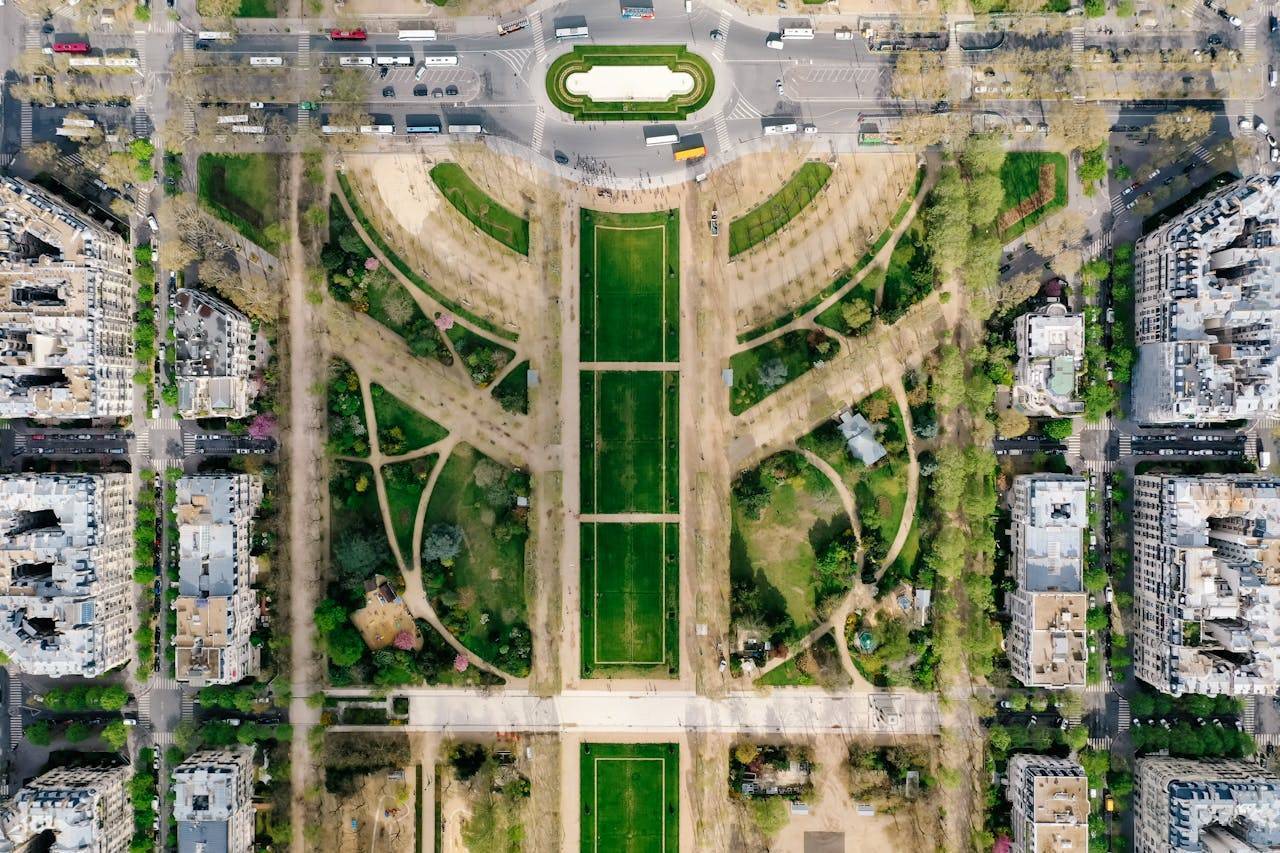Bengaluru has recently experienced a notable surge in residential property prices, registering a significant year-on-year (YoY) increase of 32% by the first half (H1) of 2024. This growth reflects the city's dynamic real estate market, driven by rising construction costs, increased demand from both investors and buyers, and strategic developments in premium and luxury segments.
Market Evolution and Price Trends:
Over the past five years, Bengaluru's residential market has shown remarkable resilience and growth. According to ANAROCK's report, "Bengaluru’s Real Estate - Your Gateway to Opportunity," the city's average residential prices have risen by an impressive 57%. Prashant Thakur, Regional Director and Head of Research at ANAROCK Group, notes that average residential prices stood at Rs 7,800 per sq ft by the end of H1 2024, up from Rs 4,960 per sq ft at the end of H1 2019. This surge marks the highest YoY jump, with prices increasing from Rs 5,900 per sq ft at the end of H1 2023 to Rs 7,800 per sq ft by H1 2024-end.
Factors Driving the Surge:
Several factors have contributed to this significant rise in residential prices in Bengaluru:
1. Rising Construction Costs: The cost of construction materials has seen a steady increase, impacting the overall pricing of new residential projects. This rise in costs has been a major driver in pushing up property prices across the city.
2. Increased Demand: The demand for residential properties has been robust, driven by a mix of end-users and investors. The city’s thriving IT sector, coupled with its status as a major commercial hub, has attracted a steady stream of professionals seeking homes.
3. Premium and Luxury Segment Growth: There has been a notable increase in the launch of premium and luxury residential projects. In H1 2024 alone, out of the total new supply of approximately 32,500 units, nearly 75% were in the premium and luxury segments. This focus on high-end properties has contributed significantly to the rise in average prices.
Regional Price Dynamics:
1. North Bengaluru:
North Bengaluru has emerged as one of the most sought-after residential regions, commanding the highest average capital value among the city's four quadrants in areas like Hebbal, Yelahanka and Thanisandra. The average price in North Bengaluru exceeds Rs 7,000 per sq ft.
2. East Bengaluru:
East Bengaluru is known for its robust IT sector presence, particularly in areas like Whitefield and Marathahalli. The average residential price in this region is around Rs 6,500 per sq ft.
3. South Bengaluru:
South Bengaluru, known for its cultural heritage and established residential neighborhoods, has an average residential price of approximately Rs 6,000 per sq ft. This region includes areas like Jayanagar, JP Nagar, and Banashankari.
4. West Bengaluru:
West Bengaluru, with an average residential price of around Rs 5,800 per sq ft, is an emerging residential and commercial hub. Areas like Rajajinagar, Vijayanagar, and Tumkur Road are witnessing increased real estate activity.
Inventory Overhang and Supply Dynamics:
One of the critical indicators of market health is the inventory overhang, which measures the time it would take to sell off the existing inventory at the current sales velocity. In Bengaluru, the inventory overhang has decreased to a record low of eight months by the end of H1 2024, down from 15 months in H2 2019. This reduction signifies strong absorption rates, indicating robust demand for residential properties.
Bengaluru’s available inventory stood at approximately 45,420 units by the end of H1 2024, a significant decline from around 64,680 units at the end of H1 2019. This 30% reduction over five years, despite the continuous addition of new supply, highlights the strong market dynamics and the ability of the market to absorb new stock effectively.
Urban Challenges and Infrastructure Development:
Despite its impressive growth, Bengaluru faces several urban challenges that could impact its real estate market if not addressed effectively. These include traffic congestion, water scarcity, air pollution, waste management deficits, and the risk of flooding due to urban sprawl. To mitigate these issues, several key infrastructure projects are underway or proposed:
1. Multimodal Logistics Park (MMLP): This project aims to streamline logistics and reduce congestion by creating an integrated logistics hub.
2. Bengaluru Suburban Rail Project (BSRP): This project is expected to enhance connectivity within the city and reduce the burden on road networks.
3. Namma Metro Phases 2 and 3: The expansion of the metro network is crucial for improving public transport and reducing traffic congestion.
4. Bengaluru Satellite Ring Road: This project aims to improve connectivity around the city and support its growing suburbs.
5. Expressways and Corridors: Various industrial, economic, and business corridors are being developed to enhance connectivity and support economic growth.
Future Outlook:
The outlook for Bengaluru's residential real estate market remains positive. Considering current trends, residential launches and sales are expected to rise by 10-15% by the end of 2024 compared to 2023. Average capital values are projected to witness a moderate appreciation of 10% across the city, with prime locations and established tech corridors potentially experiencing steeper growth.
Conclusion:
Bengaluru's residential real estate market is on a strong growth trajectory, driven by rising demand, strategic developments in premium and luxury segments, and robust infrastructure projects. While the city faces urban challenges, ongoing and proposed infrastructure initiatives are poised to address these issues, ensuring sustainable growth. With a positive outlook for the future, Bengaluru remains an attractive destination for investors and homebuyers alike, offering vast opportunities in the dynamic real estate landscape.
Image source- pixabay.com









.png)